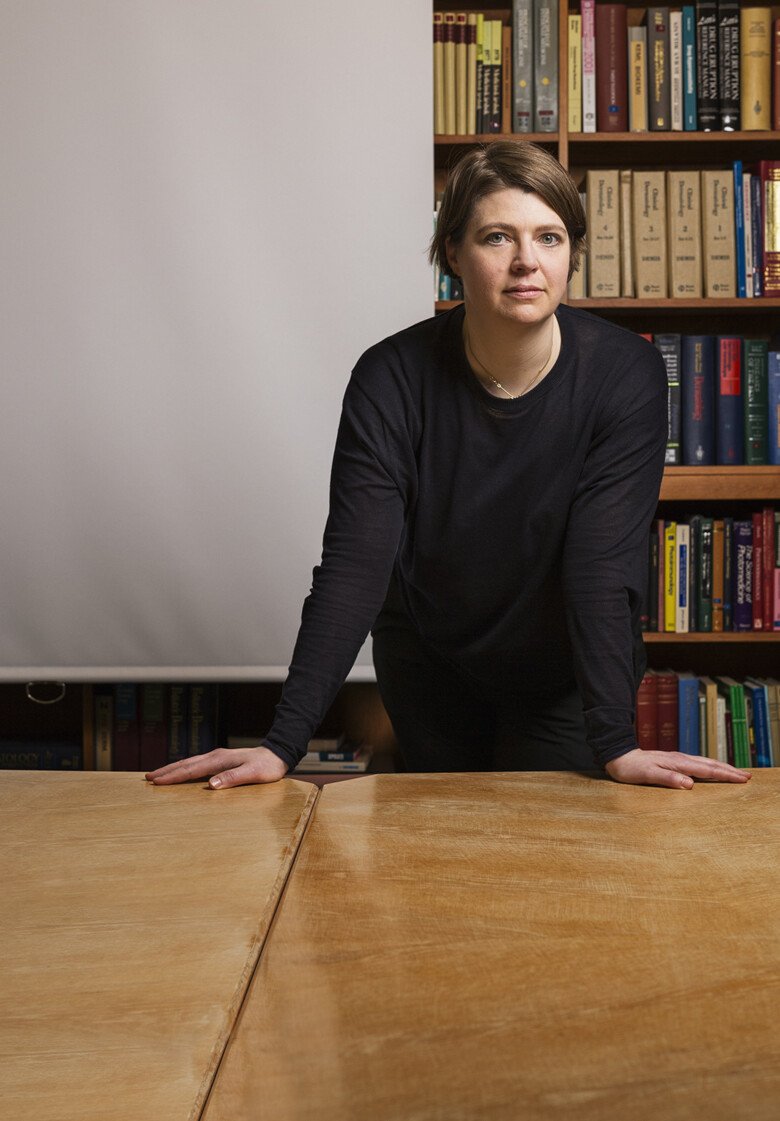The moment: “They found weaknesses and came down on them hard”
As a young researcher, Liv Eidsmo, was at first scared by the critical culture at her new workplace – since then she has learnt to appreciate it.
Name: Liv Eidsmo
Works as: Associate Professor at the Center for Molecular Medicine, Karolinska Institutet, and will shortly qualify as a Dermatologist at Karolinska University Hospital.

Text: Anders Nilsson, first published in Swedish in the magazine Medicinsk Vetenskap No 2/2017.
“I sat in a corner in a meeting room in Melbourne, Australia, and felt like an idiot. Tried to understand the discussion in the room, but failed completely. Well, that’s not quite true, one thing I did understand. The young researcher who was presenting his results was getting tough criticism from his older colleagues in a manner I was not used to. They found the weaknesses and came down on them hard. We were about 20 people, most of us squashed up along the walls, but the most senior researchers sat directly opposite the researcher who was presenting his results. He was pressed back against the wall.
And I knew that, in three weeks, I too would be sitting there. Full of self-confidence after receiving my doctor’s licence and PhD, I had left Sweden to do research for a couple of years abroad. Up until this point, I had taken success for granted. Now I was in shock. I realised that here there were only two options: to go – or to stay and subject myself to the same treatment and learn to deal with it. I decided to stay. Colleagues that had appeared merciless at that meeting soon became my friends - but continued to have a critical attitude to my research. And I started to understand why – it made us into much better researchers!
Since 2010, I have led a group of researchers at Karolinska Institutet. We are looking at the causes of the skin diseases psoriasis and vitiligo, and hope to develop better treatments. And it is exactly that criticism that originally frightened me that I am trying to cultivate in my own researcher group. And the PhD students really appreciate it! Of course, it hurts when you have been tussling with something for a long time to have all the weaknesses pointed out, but that a colleague looks for faults in your reasoning is something to be profoundly grateful for. The criticism is directed not at the researcher, but at the research. We go home and lick our wounds – and then come back with something even better.”
